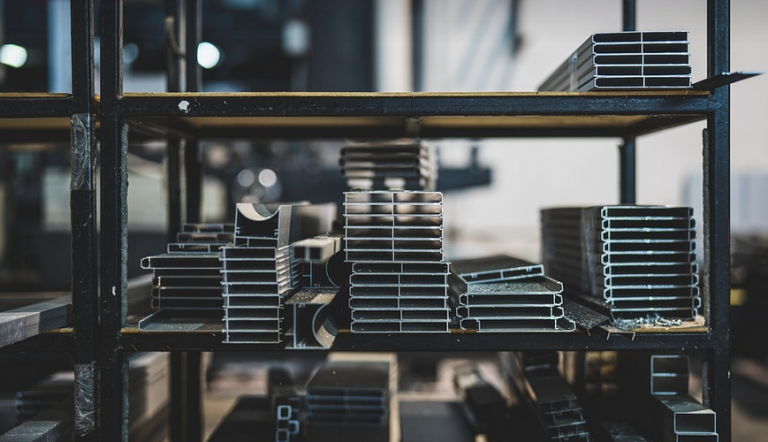
Making a Difference in Norfolk 2024
Whether you’re a long-time resident or just moved to Norfolk, recycling is crucial for keeping our city clean and eco-friendly. It helps us conserve valuable resources and reduces the amount of waste that ends up in landfills. Understanding your local Norfolk recycling schedule, though, can feel like navigating a maze. Don’t worry, this guide will make things simpler! We’ll break down the basics into manageable chunks to ensure you’re maximizing your efforts for a greener Norfolk.
First off, it’s important to understand that not everything goes in the blue recycling bin. Here’s the breakdown of what items are commonly accepted:
Understanding the Basics
Norfolk follows a comprehensive recycling program that divides waste into specific categories. This approach maximizes efficiency and ensures only recyclable materials are sent to processing centers for reuse or repurposing. It also helps us avoid contamination, which can disrupt the entire recycling process.
Remember, successful recycling starts with proper sorting. Here’s a detailed look at common recyclable items:
Recyclable Materials: The Core
The most commonly accepted materials in Norfolk’s blue bins are:
- Paper and Cardboard: Newspapers, magazines, junk mail, cardboard boxes (flatten them for efficient storage)
- Plastics: Bottles and containers marked with the #1-7. **Important:** Check your local guidelines as some plastics may be restricted.
- Metal Cans: Aluminum and steel cans, rinsed out before recycling
- Glass Jars and Containers: Clean glass bottles and jars
While these represent the core of what you can recycle in Norfolk, it’s always a good idea to double-check your local guidelines. These details might vary based on specific recycling programs or community guidelines.
Items to be Cautious About
Now that you know the basics, let’s delve into some items you should avoid placing in your blue bins:
- Electronics: Batteries, cords, and chargers must be disposed of at designated e-waste drop-off locations.
- Hazardous Materials: Paints, solvents, batteries, and other toxic materials should not be mixed with regular recyclables. These need to be handled by specialists for safe disposal.
- Medical Waste: Needles, syringes, pills, and other medical supplies must be disposed of according to strict protocols that may require special containers or drop-off locations.
Understanding Your Local Guidelines
For a complete understanding of what is accepted in your specific neighborhood, it’s always best to consult the official Norfolk County website
Remember, these guidelines provide valuable information that can help you navigate the recycling process more smoothly and effectively.
Understanding the specifics of Norfolk’s recycling program gives you a greater sense of responsibility for our community’s environmental well-being.
Getting Involved: Beyond Just Recycling
Recycling is just one aspect of sustainable living in Norfolk. There are plenty of ways to make a positive difference beyond simply sorting your waste:
* **Composting:** Consider composting food scraps and yard waste to create nutrient-rich fertilizer for your garden. It’s a great way to reduce landfill waste while enriching the soil. * **Energy Efficiency:** Opting for energy-efficient appliances and light bulbs, such as LED lights, can significantly reduce your carbon footprint and contribute to cleaner air quality in Norfolk. * **Support Local Businesses:** Choose stores that prioritize sustainability and environmental responsibility when making purchasing decisions. This promotes a greener economy within the city.
By embracing these practices, we can collectively build a more sustainable future for our community.
Norfolk’s Recycling program is a powerful tool to make a real difference in ensuring a cleaner, healthier, and more environmentally conscious Norfolk. Remember to delve into the detailed information available from local authorities and use this guide as your trusted companion.
* **Get Involved:** If you have any questions or want to learn more about recycling programs in Norfolk, reach out to the Virginia Department of Waste Management for accurate and up-to-date information.


